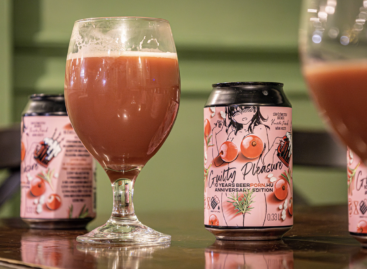Caffein helps to focus on positive thinking
Caffeine is the most widely consumed stimulant in the world. People take in so much of this drug, they rarely think twice about it.
Caffeine is found naturally in so many of our foods and beverages, we take it for granted. On top of that, it’s often referenced for its positive effects on attention and mental alertness.
Not only is caffeine found abundantly available in natural and supplemented foods and beverages, you’ll also find it in products sold over the counter for fatigue, migraines and colds.
But what are caffeine’s effects on our thinking? Is it helping or hindering our thought processes? Let’s find out…
Blood levels of caffeine peak in as few as 15 minutes and on average 45 minutes after ingestion. Some studies suggest that over 80 percent of U.S. adults and children ingest caffeine on a daily basis (Brunye et al., 2010).
Many studies indicate that the primary role caffeine has affecting our behavior is its effect on blocking the inhibitory properties of endogenous adenosine. So what? you say. Well, that inhibition results in increased dopamine, norepinephrine and glutamate. Caffeine ingestion leads to increased stimulation of your heart (cardio) and even anti-asthmatic actions.
Many studies have demonstrated that caffeine leads to enhanced cognitive performance involving various tasks (Brunye et al., 2010). It is often cited for its positive effects on vigilance, mental alertness, feeling of well-being and arousal. Caffeine also has a positive effect on various domains of attention (Trayambak et al., 2009).
Many studies show caffeine reduces response times and error rates in simple reaction time tasks, choice reaction time, and visual vigilance. Your brain appears to love caffeine too. Brain processes that have also been shown to benefit from caffeine include visual selective attention, task switching, conflict monitoring and response inhibition.
Related news
Related news
(HU) Tortadíszítés-egyetem – A nap videója
🎧 Hallgasd a cikket: Lejátszás Szünet Folytatás Leállítás Nyelv: Auto…
Read more >






